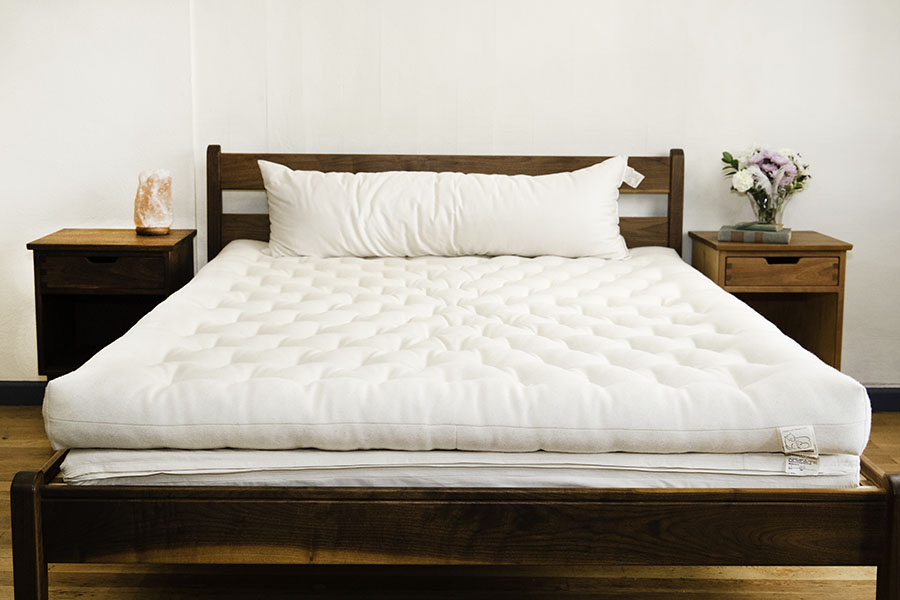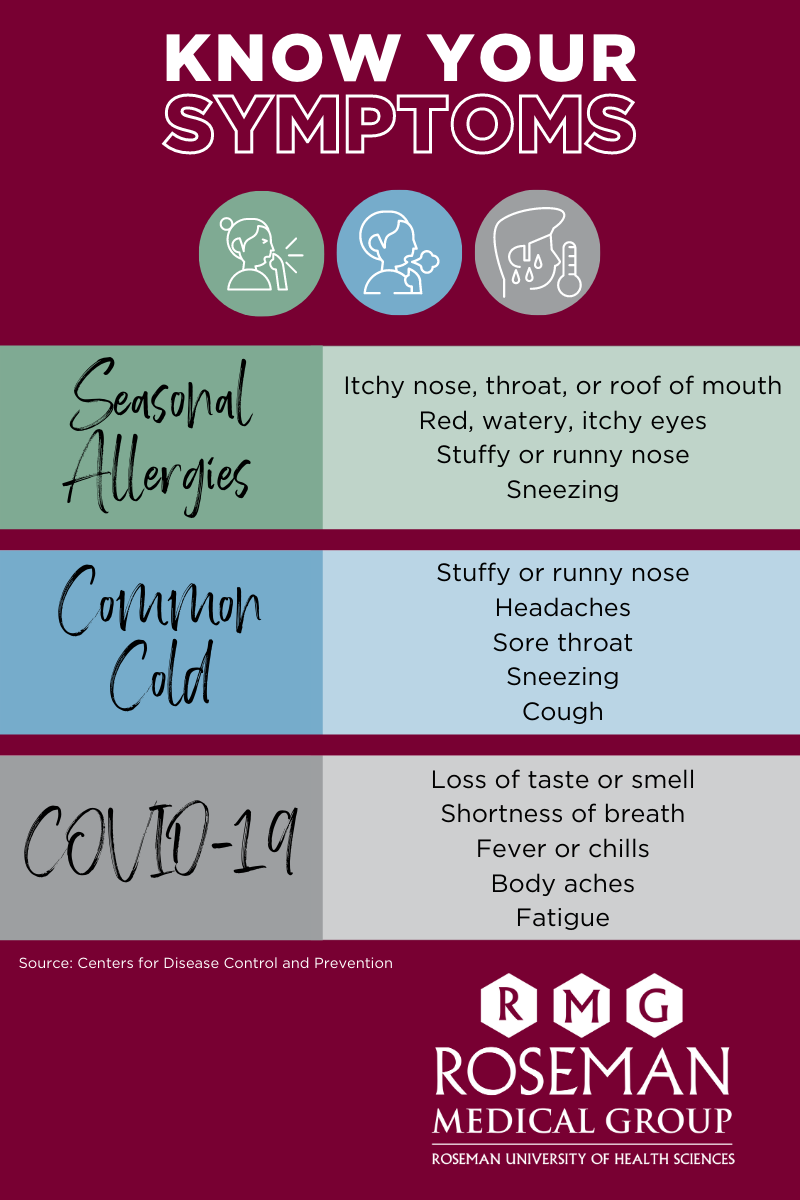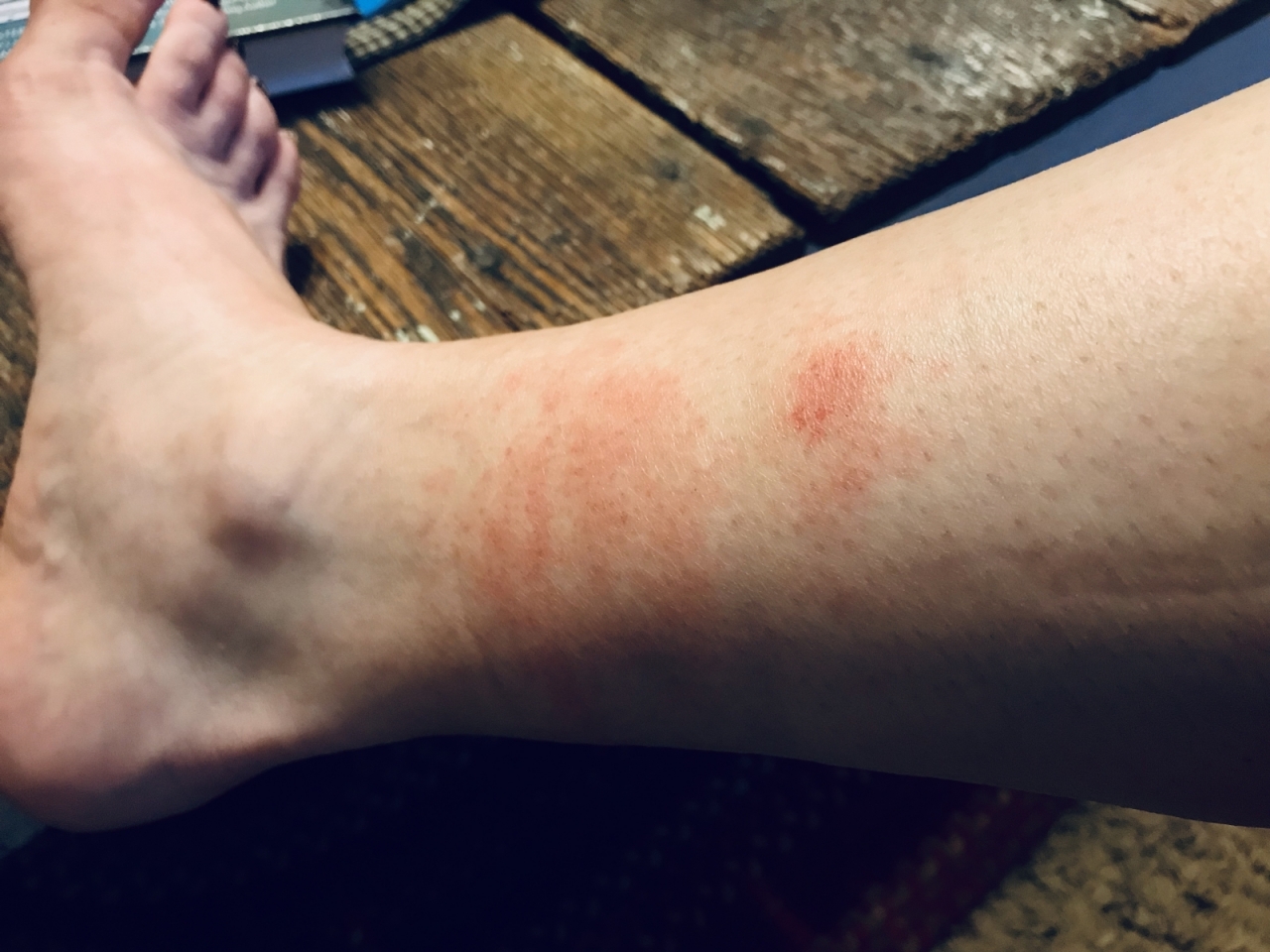Are you experiencing sneezing, coughing, itching, or skin rashes when you're in bed? The culprit might be hiding in your mattress. Wool, a common material used in mattresses, can actually irritate your allergies and cause discomfort. In this article, we will discuss the symptoms, causes, and treatment of wool allergy and how to avoid it in your bedding.Wool Allergy: Symptoms, Causes, and Treatment
Wool allergy is not very common, but it can be a major problem for those who are sensitive to it. The symptoms of wool allergy can range from mild to severe and can include:Symptoms of Wool Allergy
Wool allergy is caused by an allergic reaction to the proteins found in sheep's wool. These proteins can be found in the wool fibers and can easily become airborne, making it easy for people to inhale and come into contact with. Some people may also have a reaction to the chemicals and dyes used in the processing of wool, which can further aggravate their allergies. Additionally, dust mites and other allergens can also become trapped in wool fibers, making it a breeding ground for allergens.Causes of Wool Allergy
If you suspect that you have a wool allergy, it is important to consult with an allergist for proper diagnosis and treatment. They may recommend allergy testing to determine the specific triggers for your symptoms. The most common treatment for wool allergy is avoidance. This means avoiding any contact with wool or wool products in your bedding, clothing, or household items. If avoidance is not possible, your doctor may prescribe antihistamines or other allergy medications to help alleviate your symptoms. In severe cases, your doctor may also recommend immunotherapy, also known as allergy shots, to gradually build up your tolerance to wool allergens.Treatment for Wool Allergy
Replacing your wool mattress with a hypoallergenic one is the best way to avoid wool allergy. However, if you prefer to keep your wool mattress, there are ways to reduce your exposure to wool allergens:Ways to Avoid Wool Allergy in Your Mattress
While wool is a natural and comfortable material, it can cause discomfort for those with wool allergies. If you experience symptoms when you're near wool or in contact with it, it is important to consult with an allergist for proper diagnosis and treatment. If you have a wool mattress, consider replacing it with a hypoallergenic one or taking steps to reduce your exposure to wool allergens. By doing so, you can enjoy a good night's sleep without the discomfort of wool allergy symptoms.In Conclusion
Can Wool in a Mattress Irritate You? Let’s Find Out!

Wool is a popular material used in mattresses for its natural properties such as moisture-wicking, temperature regulation, and hypoallergenic qualities. However, there has been some debate about whether wool in a mattress can cause irritation for some individuals. In this article, we will delve deeper into this topic and explore the potential irritants that may be present in wool mattresses.
The Benefits of Wool in a Mattress

Before we discuss the potential irritants, let’s first understand why wool is a popular material in mattresses. Thanks to its natural crimped structure, wool is able to trap air and create an insulating layer, making it an excellent material for temperature regulation. This means that wool can keep you warm in the winter and cool in the summer, ensuring a comfortable sleep all year round.
Additionally, wool is known for its moisture-wicking properties, meaning that it can absorb and release moisture, keeping you dry and comfortable throughout the night. This is especially beneficial for those who tend to sweat while sleeping.
Furthermore, wool is naturally hypoallergenic, making it a great choice for people with allergies or sensitive skin. It is resistant to dust mites, mold, and mildew, which are common allergens found in mattresses. This makes wool an ideal material for those looking for a healthier and cleaner sleep environment.
Potential Irritants in Wool Mattresses

While wool is generally considered safe and non-irritating, there are some factors that may contribute to discomfort or irritation for certain individuals. One factor is the type of wool used in the mattress. Wool that is not properly cleaned or processed may still contain lanolin, a natural oil found in sheep’s wool, which can cause skin irritation for some people.
In addition, some wool mattresses may contain additional materials such as dyes, chemicals, or synthetic materials, which can also be potential irritants. It is important to carefully research and choose a reputable brand that uses high-quality, organic wool in their mattresses.
How to Avoid Irritation from Wool in a Mattress

To ensure a comfortable and irritation-free sleep on a wool mattress, there are a few steps you can take. Firstly, make sure to choose a wool mattress from a trusted and reputable brand that uses organic, high-quality wool . This will minimize the risk of any potential irritants in the mattress.
Additionally, if you have sensitive skin or allergies, consider using a mattress protector made of natural materials such as cotton or bamboo. This will act as a barrier between your skin and the mattress, reducing the risk of any irritation.
In Conclusion

In most cases, wool in a mattress should not cause any irritation. In fact, it offers many benefits for a comfortable and healthy sleep. However, it is important to be aware of potential irritants and take necessary precautions when choosing a wool mattress. By doing so, you can enjoy all the natural benefits of wool without any discomfort or irritation.


























